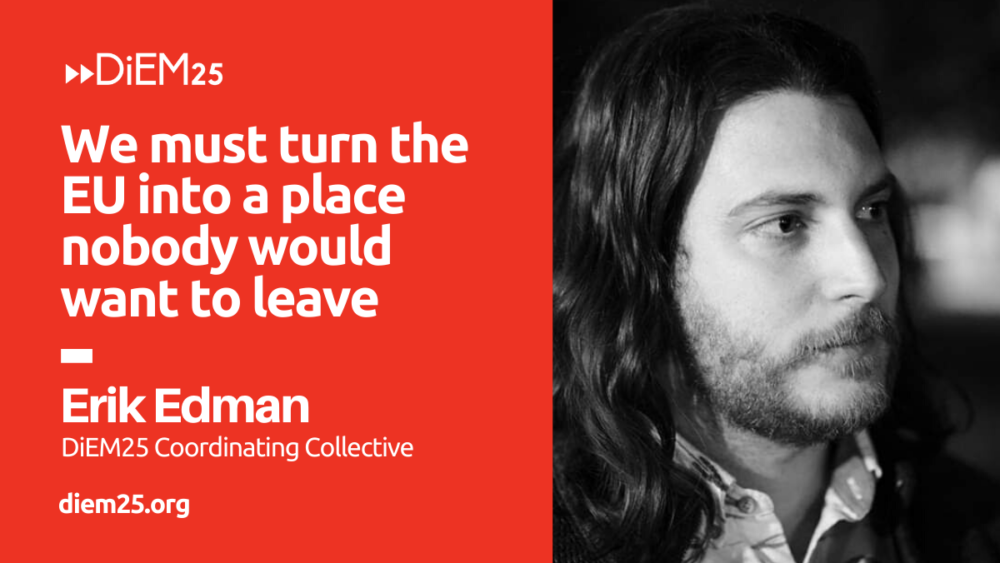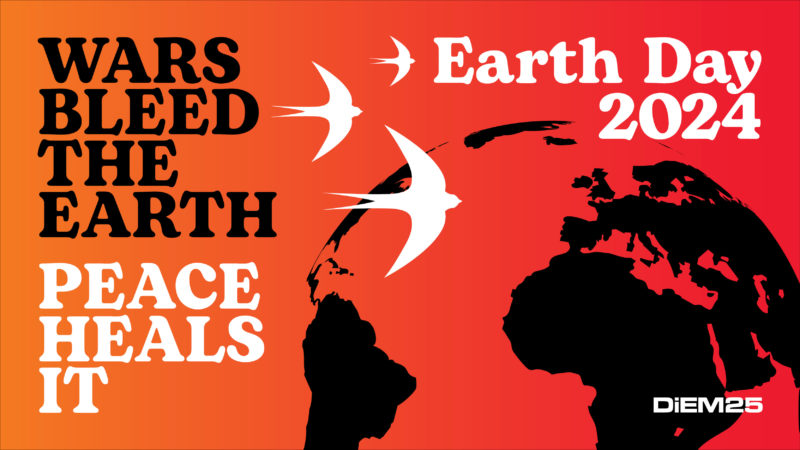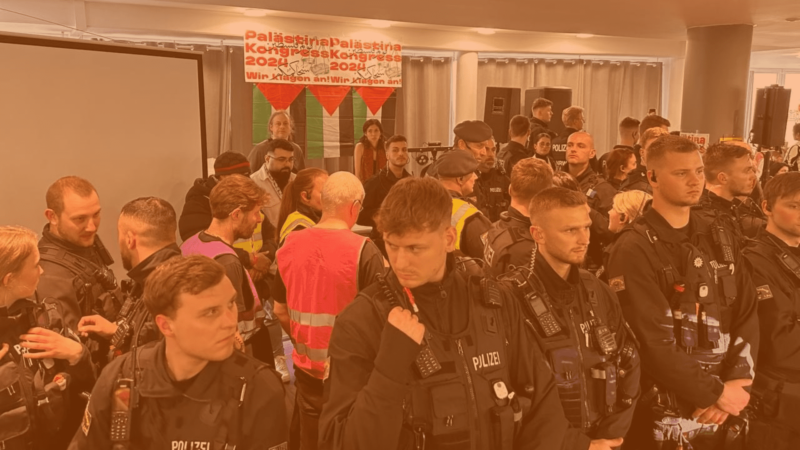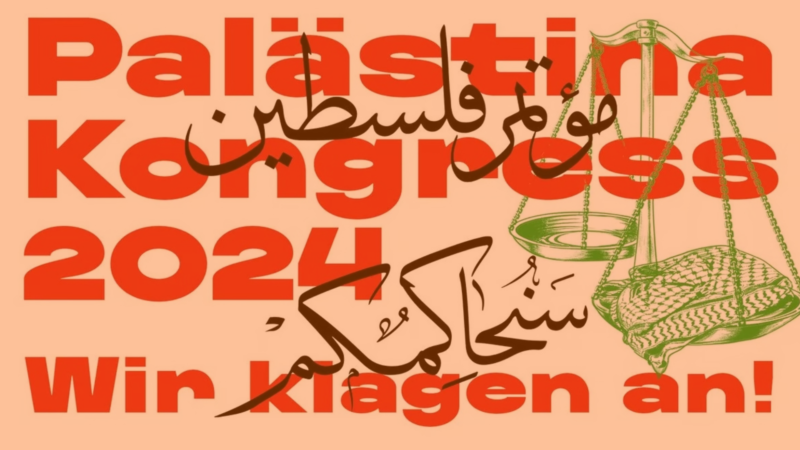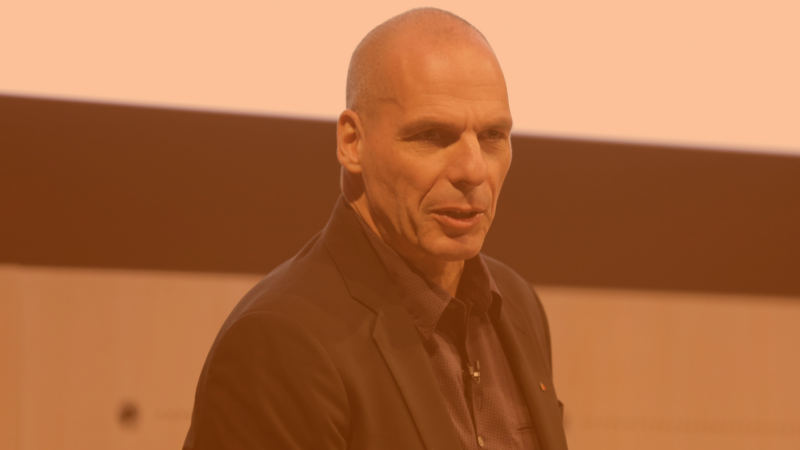Arms linked in teary embrace; Members of the European Parliament sang farewell to their British colleagues after having finished the vote on the UK’s Withdrawal Agreement on Monday evening in Brussels. Party affiliation, nationality or Brexit stance seemed to have been suspended for the duration of the song, or at least evaporated by the genuine human warmth of the moment.
It was a historic occasion, and MEPs rose to meet it with a gesture that exhibited the very best of what the United Kingdom was leaving behind: unity in diversity, transnational cooperation, and true links of friendship forged with fellow Europeans over the past decades.
For many who have been following not only the UK calamity, but the EU’s slow disintegration since the economic crisis hit in 2008, this occasion is yet another profoundly sad, but eminently predictable, chapter in the ambitious European project’s crumbling. And it carried within it the markings of any great tragedy: many flawed but fundamentally good lawmakers grieved over a misfortune that breaks their heart but which is largely their own construction.
MEPs who have supported austerity, who have curbed migration and approved concentration camps on Greek islands, or who have co-operated with those rolling out misanthropic policies for decades; they all sang Auld Lang Syne hand-in-hand and shed bitter tears on the occasion of the EU losing one of its members. A member which is leaving because a national referendum instructed its government to do so, shocking many with the decision.
But is it really that surprising? No union can sustain the levels of hypocrisy, double-standards and antagonism seen within the EU since the economic crisis first forced its mask to slip. The handling of the economic crisis through the suppression of democracy and the implementation of inane austerity (the best example of which practice remains Greece and the still ongoing downgrading of the nation, a bitter decade later), the lack of solidarity in responding to the so-called refugee crisis, and now, most tellingly: Brexit.
One of the greatest achievements of the story-spinning mechanism in Brussels has been to manage to portray Brexit as a fool-hardy, ill-informed decision taken by citizens in a referendum that should never have happened, instead of what it really is: the failure of the EU to persuade Europeans that its existence is benevolent.
Each crisis offered the EU an opportunity to recognise and deal with its failings, but each was thwarted with the typical bravado of technocrats who think they know best and the opaque authoritarianism of governments that have worked hard to create the ideal space in which to play their power-games unhindered. The EU’s need for radical change that re-imagines the project closer to its citizens and grants them the same sovereign power over their European government as they have over their national one, is long overdue.
The solution to fixing Europe is not further educating citizens into understanding how much Big Brother loves them, nor does it lie in coercing citizens until they make the “right decision”. Europe will be saved by being democratised, and with the Union transformed into a space of real shared prosperity: a space that its citizens would not want to leave.
This is a project that calls for all Europeans, regardless of EU citizenship status, to contribute. We must recognise those who are standing in the way of this progress and refuse to legitimise them with our cooperation, and acknowledge those whose experiences have led them to oppose the EU.
This campaign has been in the making for the past three years, and it is now entering a critical stage: the Democracy in Europe Movement 2025 (DiEM25), unites disparate citizens, engaged in various struggles, around the continent under the one banner that can strengthen them all: the fight for a united, democratic European Union.
The EU was formed in the aftermath of the Second World War: preserving it by helping it evolve into a democracy is our duty as democrats, humanists, and lovers of peace. We owe it to our continent and its people, for auld lang syne.
The views and opinions expressed here are those of the author and do not necessarily reflect DiEM25’s official policies or positions.
Do you want to be informed of DiEM25's actions? Sign up here






